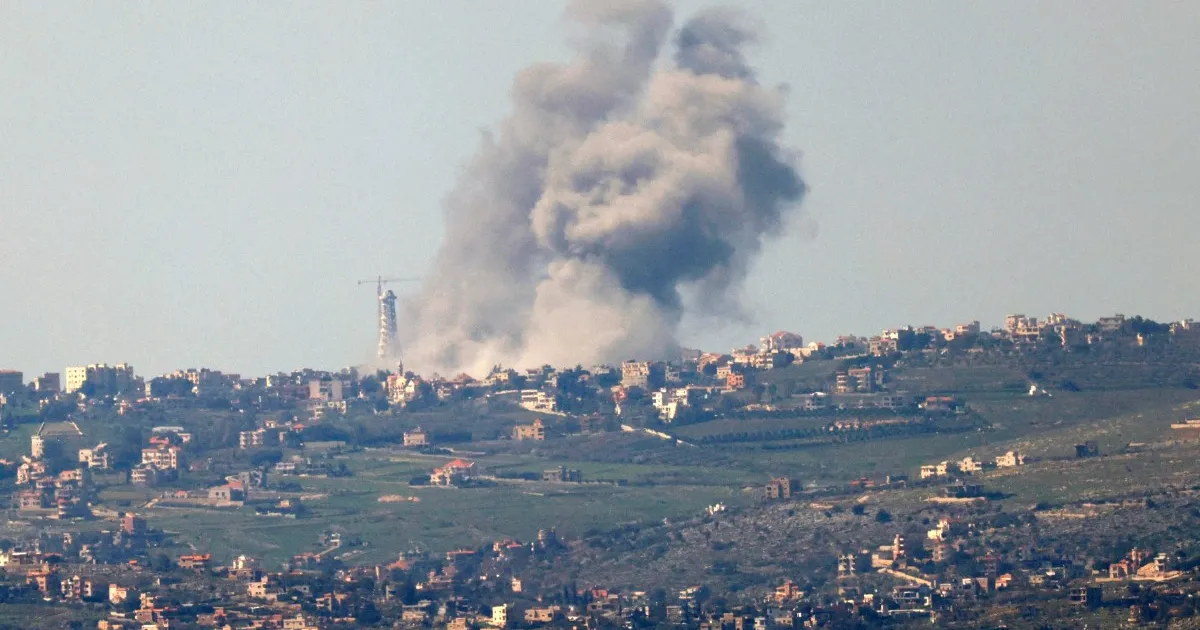Israeli F-35 fighter jets launched airstrikes on one of the busiest areas in Beirut, marking a significant escalation in the conflict between Israel and Hezbollah. The strikes resulted in the deaths of 12 people, including Ibrahim Aqil, a senior Hezbollah commander and key figure in the group’s military operations.
Aqil, a founding member of Hezbollah and the head of its elite Rizwan Force, had previously been linked to the 1983 attacks on U.S. forces that killed 241 individuals. His death is considered a significant loss for the organization.
The airstrikes caused extensive damage, destroying several buildings and vehicles, and leaving 66 people injured. In retaliation, Hezbollah launched dozens of rockets at Israeli targets. While most were intercepted by Israel’s defense systems, some managed to reach northern Israel, escalating tensions further.
Israeli Prime Minister Benjamin Netanyahu stated that the strikes were a direct response to ongoing threats, affirming that Israel would continue its military campaign to secure its northern border with Lebanon. “Our goals are clear, and our actions speak for themselves,” he emphasized, highlighting Israel’s commitment to the safety of its citizens.
Defense Minister Yoav Gallant, who recently announced a new phase of operations on the northern front, reiterated Israel’s resolve. He indicated on social media that military efforts would continue until Israel’s objectives were achieved, particularly the safe return of residents displaced by the conflict.










